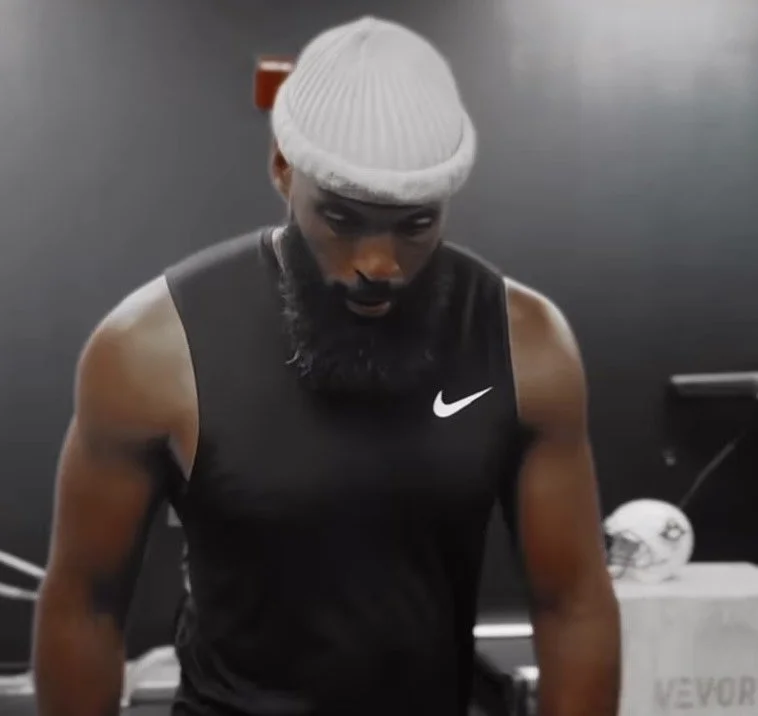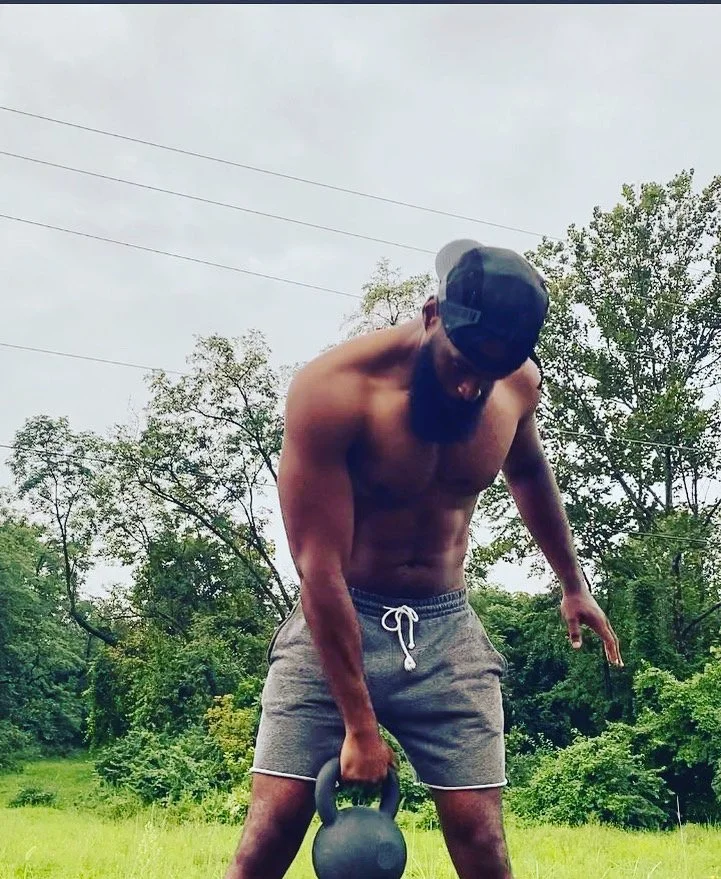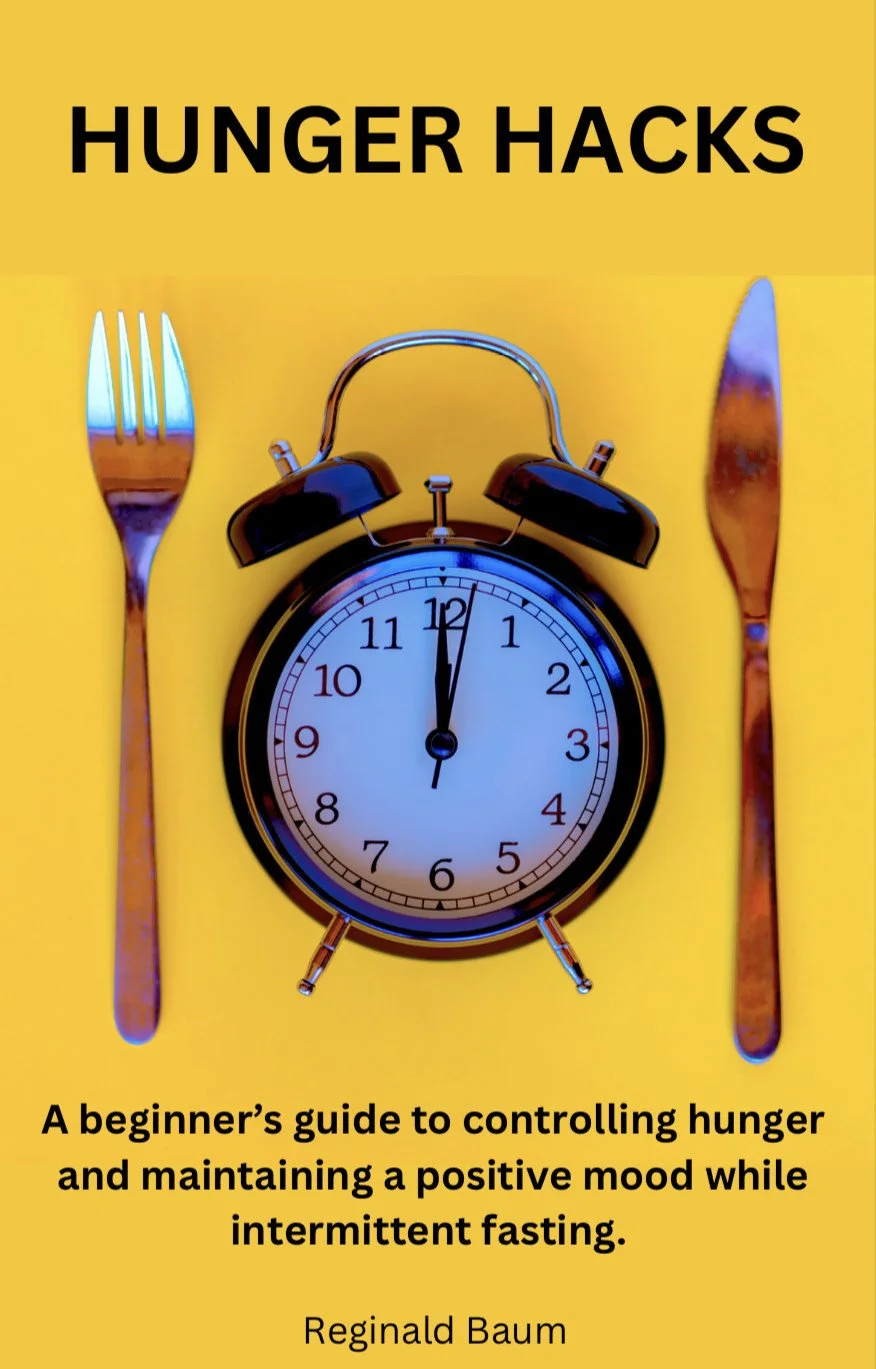I speak often of my disdain for the “what I eat in a day” trend. It's not hate, I do believe that most of the fitness influencers who post these have only good intentions, and they get asked the question all day, so why not answer it.
My issue with the trend is that these posts are often presented as a blueprint, as if it would work for everyone, and that’s just not true. There is no formula. Too many other factors play a part in getting results.
Only the serious, who are in relentless pursuit of their goal, will get the results they want.
Just get obsessed.
With that being said, here's probably the most simple and honest daily nutrition regimen you'll ever see. I don’t talk about it often, because I don’t want people to copy it exactly, and expect the same results. It's just what I have come to after years of trial and error.
Keep in mind I said it's simple, not easy. I don’t overcomplicate anything, I have a lot of staple foods that I just eat everyday.
The results came from consistency, day in and day out. Not a 30 day challenge, not a 75 hard or any of that. Full transparency, It's just what I have decided I will do every day, until I come across something else that I have to tweak.
I start my day with water, and about 200 mg of caffeine in some format, either coffee, or an energy drink.
1pm - A can of sardines,(my favorite brand is bella), a box of bone broth (Kettle fire brand is my go to, I get the ginger turmeric flavor)
4pm - 25 grams of Iso Whey protein (I use the ascent brand from whole foods, they come in 25 gram packets)
Between 5pm and 7 I eat my one solid meal. The Meal has a basic structure and I just fill in what I want that day. 50 grams of protein, (salmon, chicken, eggs, or beef). And a vegetable. If the protein is chicken or fish, I'll also have a side of avocado. If I plan to do heavy lifts in the morning, for major muscle groups,I’ll have a sweet potato or white rice.
Finally, right before bed I eat a handful of pitted dates.
Just a few things to be noted.
I do extended fast, once a week I’ll go 24 - 36 hours.
I don’t plan break meals or days, the goal is to stay consistent, and break meals tend to just happen from time to time. I’ll have breakfast with my son, get invited to something that involves food and drinks, there's always opportunities to indulge, so why schedule them?




